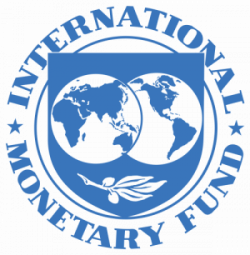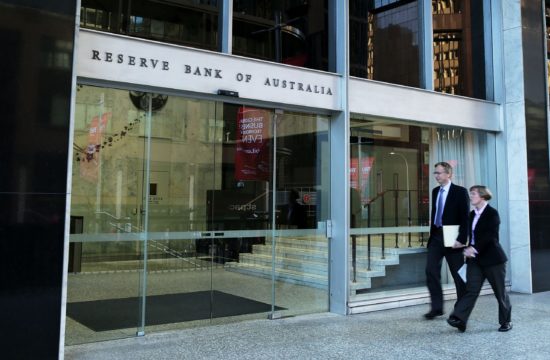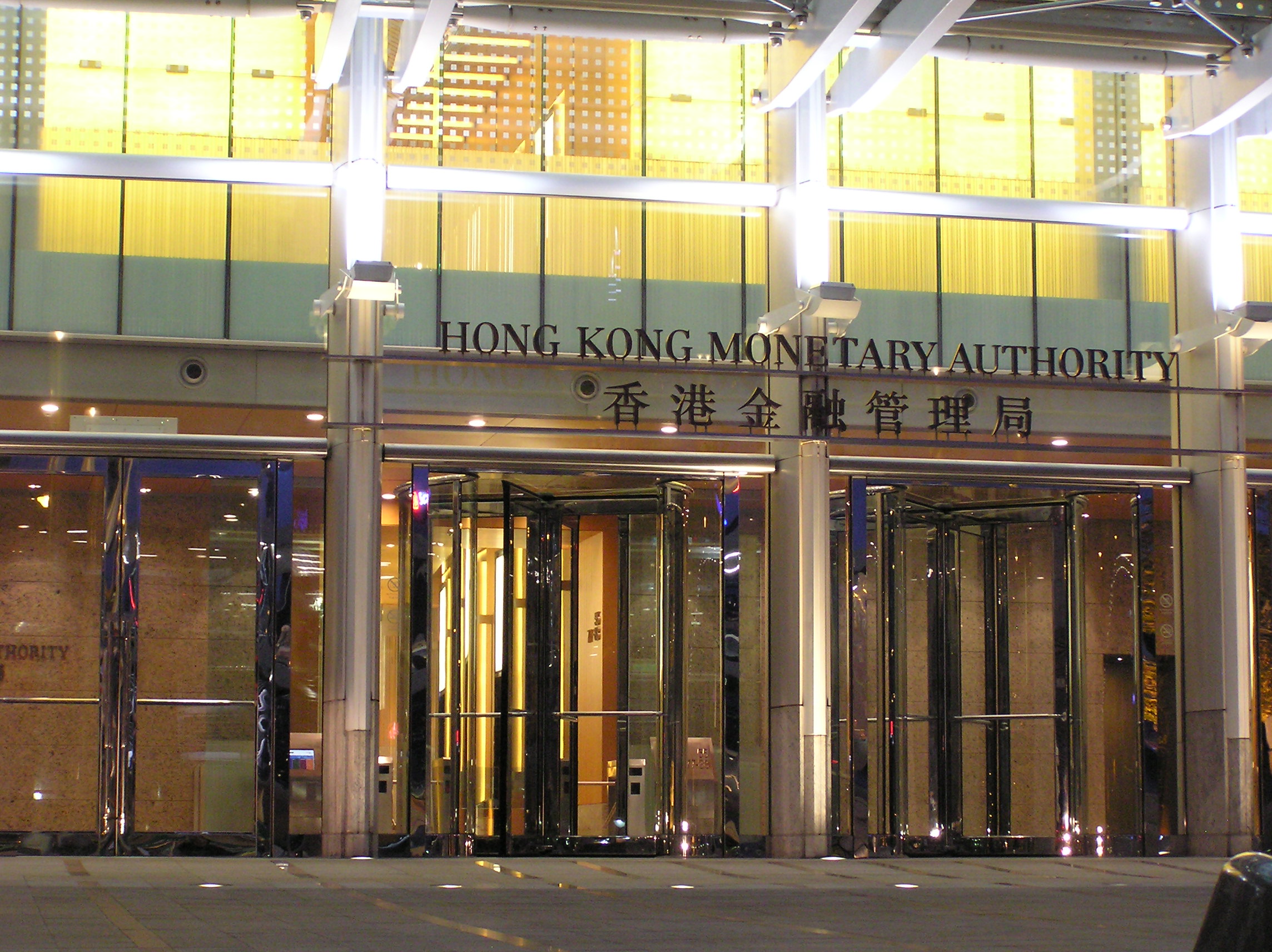Good day everyone.
We are in remarkable and extraordinary times.
This virtual press conference is a first for me as chair of the International Monetary and Financial Committee and for the Committee itself. How we are meeting today is emblematic of how these extraordinary times require extraordinary actions.
I want to thank IMF Managing Director Kristalina Georgieva and the IMF staff. The IMFC was able to convene and hold very effective discussions today.
The novel coronavirus pandemic has presented us all with significant and potentially daunting challenges. But you see from the IMFC communique—a very forceful statement of policy actions–that the international community, led by the IMF and its membership, is tackling the issues head on.
We are far from declaring victory on the outcomes or the outlook, yet we are convinced that an aggressive response coordinated through the IMF will lead to more positive economic and humanitarian results than would otherwise be possible.
Beyond the serious human impact of the pandemic, we agreed today that the economic repercussions will be severe, particularly for emerging markets and developing countries, commodity exporters and economies with weak health systems.
A global recession and severe uncertainty have now gripped our societies. Most of us have taken extraordinary measures to support health systems and affected workers and businesses.
It is important that we continue to act quickly, decisively and in coordination. Large, timely and targeted fiscal and financial measures are essential to help our citizens.
The global financial system has held up well so far, thanks in large part to the extraordinary measures also taken by central banks and supervisory authorities around the world.
The IMF’s policy tracker shows that fiscal measures so far have amounted to about $8 trillion and liquidity injections by central banks amounting to over $6 trillion. However, we all agreed, exchange rate and liquidity pressures remain important challenges.
Let me touch on some of the key outcomes of the IMFC today:
We reviewed and supported the package of financial support that the IMF has quickly put together in the wake of the pandemic. The IMF’s crisis response initiatives—outlined in the IMFC communique— are critical features of efforts to contain the impact of COVID-19. The Fund has revamped the Fund’s toolkit by doubling access levels to emergency facilities, expanding the use of precautionary lines, establishing a new short-term liquidity line, and considering other options to help countries meet their financing needs.
The IMFC, including donor countries, agreed on the importance of ensuring that the IMF can support its poorest and most vulnerable members. We are thankful for the pledges already made to replenish the Poverty Reduction and Growth Trust and the Catastrophe Containment and Relief Trust, and call for additional contributions.
We welcomed the coordinated approach agreed by the G20 and the Paris Club, supported by the IMF and World Bank, for a time-bound suspension of debt service payments by bilateral official creditors, for the poorest countries that request forbearance. We encourage private creditors to participate on comparable terms, as well.
As the communique states, we are in an unprecedented global crisis. And while the outlook is subject to exceptionally high uncertainty, we reaffirmed today that extraordinary macroeconomic action, and working together, will contribute to a faster recovery.
I come out of these virtual meetings with a real sense that we will overcome these challenges because we will work effectively and constructively together.
Before I take your questions, let me turn the table over to my friend Kristalina for some remarks….
Lesetja Kganyago, Chair of IMFC














